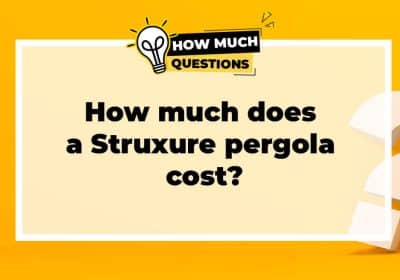
Understanding Boulder Costs: A Complete Guide for Your Landscape
Understanding the cost of boulders is vital for anyone interested in enhancing their landscape design with these natural beauties. This guide will shed light on the various types of boulders, their associated costs, and the key factors that influence their price. Plus, we'll share tips on how to select the perfect boulder for your landscape and where to purchase them.
Understanding Boulder Types and Their Costs
Natural Boulders
Natural boulders, such as granite, limestone, and quartzite, are harvested directly from the earth and are renowned for their beauty and durability. Granite boulders are typically the most expensive, with prices ranging from $100 to $600 per ton, depending on the size and quality. Limestone and quartzite boulders tend to be more affordable, with prices usually falling between $80 to $200 per ton.
Manufactured Boulders
Manufactured boulders, also known as artificial rocks, offer cost-efficient alternatives to natural boulders. They mimic the look of real rocks while offering more control over size, shape, and color. Manufactured boulders can range from $50 to $150 per ton.
Factors Affecting the Cost of Boulders
Size and Weight of the Boulder
The size and weight of the boulder have a direct correlation with its cost. Larger and heavier boulders require more resources to extract, process, and transport, which increases their price.
Delivery and Installation Costs
Delivery fees and installation costs also significantly affect the final price of a boulder. The further the delivery distance and the more challenging the installation location, the higher these costs will be.
How to Choose the Right Boulder for Your Landscape
Matching Boulders to Your Landscape Design
When selecting boulders for your landscape, consider design elements such as style, color, and texture. The boulders should complement your existing landscape and align with your desired aesthetic.
Balancing Cost and Aesthetics
It's important to strike a balance between cost-efficiency, aesthetics, and durability. While natural boulders are pricier, their unique beauty and longevity might be worth the investment.
Where to Buy Boulders
Pros and Cons of Online Shopping for Boulders
Online shopping for boulders provides a broad selection and convenience, but keep in mind that delivery fees can significantly increase the total cost. Additionally, photos might not accurately represent the actual color and texture of the boulder.
Benefits of Buying Boulders Locally
Purchasing boulders from local suppliers allows you to see the boulders in person, reducing the risk of misrepresentation. Moreover, transportation costs are often lower when buying locally.
Conclusion
Investing in boulders for your landscape can elevate your outdoor space's aesthetic appeal. By understanding the various factors that influence the cost of boulders, you can make an informed purchase that enhances your landscape without breaking your budget.
Always consult with a landscaping professional before purchasing and installing boulders. This guide is for informational purposes and should not replace professional advice.
References:
Disclaimer: This blog post is intended to provide general information and should not be considered professional advice. Always consult with a professional before making any purchasing or installation decisions related to landscaping with boulders.
Frequently Asked Questions (FAQ)
What factors affect the cost of boulders?
The cost of boulders is influenced by several factors, including the type of boulder (natural or manufactured), the size and weight of the boulder, and delivery and installation costs. Additionally, the price can vary depending on the supplier and location.
Are natural boulders more expensive than manufactured ones?
Generally, natural boulders like granite, limestone, and quartzite are more expensive than manufactured or artificial boulders. This is because natural boulders require more resources to extract and process.
How is the cost of boulders measured?
The cost of boulders is typically measured by weight, often priced per ton. However, factors such as size, type, delivery, and installation can also significantly influence the final cost.
Is it cheaper to buy boulders locally or online?
While buying boulders online can offer more selection and convenience, purchasing locally may be cheaper due to lower transportation costs. Additionally, buying locally allows you to inspect the boulders personally before purchase.
What types of natural boulders are commonly used in landscaping?
Granite, limestone, and quartzite are common types of natural boulders used in landscaping. Each offers unique aesthetics and benefits, contributing to a range of costs.
How do I choose the right boulder for my landscape?
Choosing the right boulder for your landscape involves considering the style, color, and texture that match your existing landscape design. It's also important to balance these aesthetic considerations with cost and durability.
Are there additional costs associated with installing boulders?
Yes, there can be additional costs associated with installing boulders. These may include delivery fees and the cost of professional installation, especially for larger boulders or challenging installation locations.
How can I reduce the cost of buying and installing boulders?
Buying boulders locally, selecting manufactured boulders, and choosing smaller, lighter boulders can help reduce costs. Additionally, planning for efficient delivery and installation can help avoid unexpected expenses.
How much does a granite boulder cost?
The cost of a granite boulder can vary significantly, but prices typically range from $100 to $600 per ton, depending on size and quality.
Are manufactured boulders as durable as natural boulders?
Manufactured boulders are designed to mimic the durability of natural rocks, but their lifespan can depend on the materials used and the manufacturing process. While they may be a cost-efficient alternative, natural boulders generally offer superior longevity.
If you want to know other articles similar to Understanding Boulder Costs: A Complete Guide for Your Landscape you can visit the category Construction, Renovation, and Real Estate.
- Understanding Boulder Types and Their Costs
- Factors Affecting the Cost of Boulders
- How to Choose the Right Boulder for Your Landscape
- Where to Buy Boulders
- Conclusion
- Frequently Asked Questions (FAQ)
- What factors affect the cost of boulders?
- Are natural boulders more expensive than manufactured ones?
- How is the cost of boulders measured?
- Is it cheaper to buy boulders locally or online?
- What types of natural boulders are commonly used in landscaping?
- How do I choose the right boulder for my landscape?
- Are there additional costs associated with installing boulders?
- How can I reduce the cost of buying and installing boulders?
- How much does a granite boulder cost?
- Are manufactured boulders as durable as natural boulders?
Leave a Reply

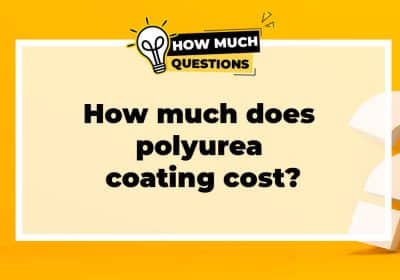
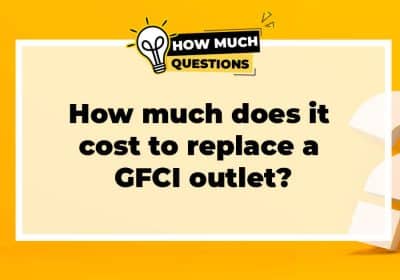
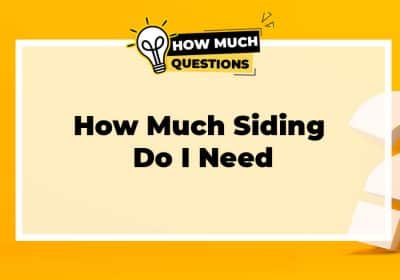
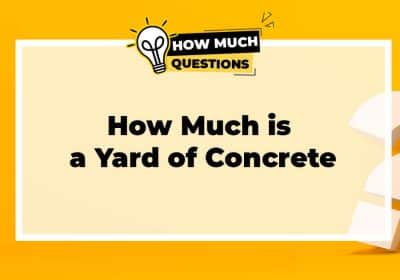
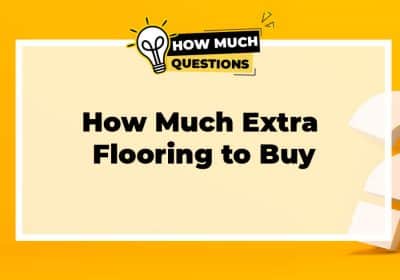

You might be interested in